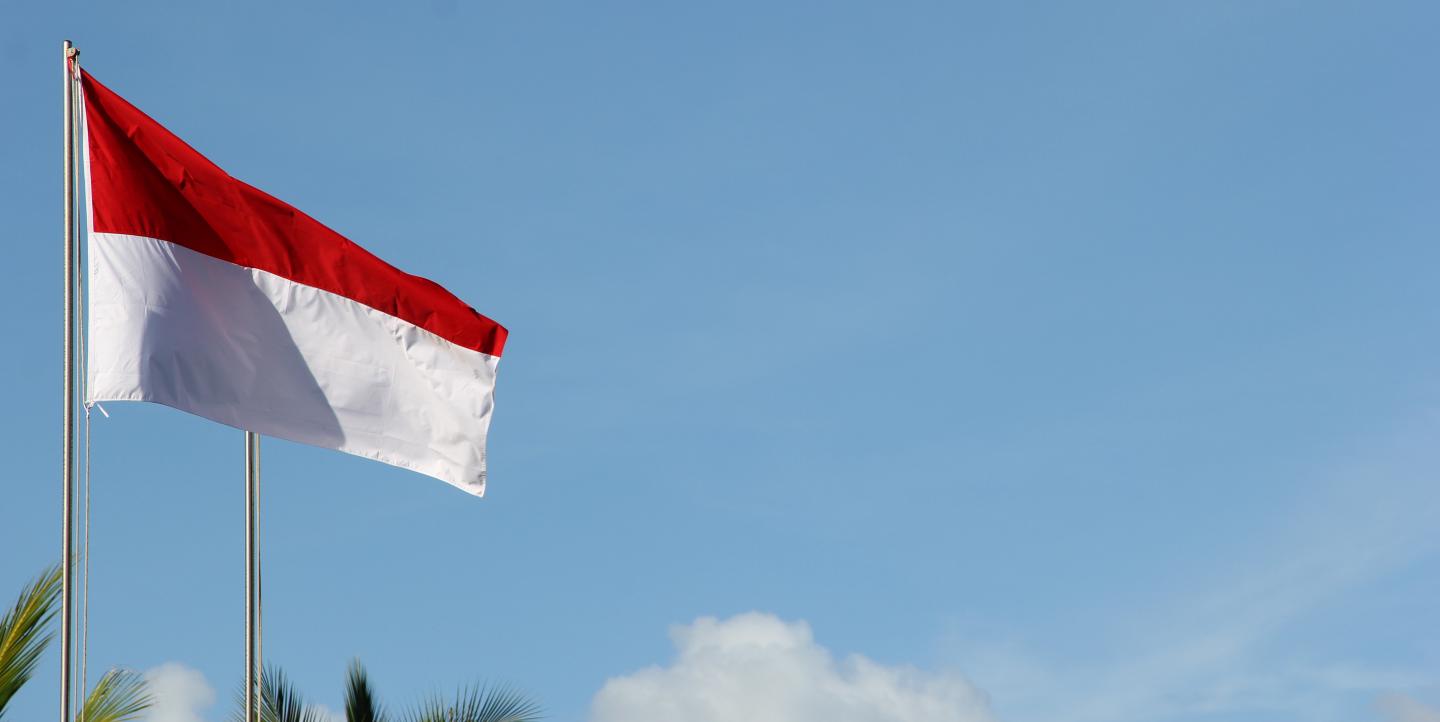Investigative reporting has traditionally taken a back seat in Indonesia, as news outlets often compete instead to be the first to break news. Investigations can require significant time and funding to uncover issues below the surface, and media companies may run a higher risk of lawsuits when pursuing them, too.
Collaboration can remedy these issues, as some journalists are beginning to prove in the country. "If we work together, legal risks and costs can be shared," said Tempo Magazine reporter Abdul Manan.
From raising the issue of sexual abuse on campuses, to revealing poor data collection around COVID-19, Indonesian reporters are collaborating to investigate new issues daily.
During the pandemic, Haris Firdaus, a journalist for Kompas Daily Newspaper, felt uneasy seeing the many discrepancies between the data the government published about COVID-19 in the country’s Yogyakarta Province, and what he uncovered while reporting in the field. With a team of fellow journalists, he sought to make it easier to collect data while working from home and amid the government's lack of transparency. "Each team member has their own specialization. For example, there are those who are strong in networking, data analysis, and so on. We complement each other," said Firdaus.
[Read more: Indonesia's feminist publication offers new perspectives on gender issues]
Since the Indonesian government announced the country’s first COVID-19 case in March 2020, the media has highlighted the inaccuracy of official data, specifically regarding the number of cases and deaths. For instance, although the total number of cases in Indonesia stands at around 4.2 million, with over 144,000 deaths, according to the government, the actual death toll is estimated to be much higher.
Firdaus and his team produced a series of six collaborative reports on the pandemic. Their coverage, he explained, revealed the number of suspected victims of COVID-19 who were buried as if they had contracted the virus, but were not recorded as victims of the outbreak, as well as health services that nearly collapsed due to the increasing number of patients in Yogyakarta.
After their coverage was published, Firdaus claimed that public officials were more proactive in handling the outbreak, and their data tracking improved.
The importance of collaborating
During critical times, media competition needs to be put aside, explained Firdaus. "We sacrifice exclusivity for the greater interest of the public interest," he said.
Evi Mariani, a former journalist for The Jakarta Post, agreed that journalists need to lower their egos when engaging in collaborative reporting. "If we want the coverage to have an impact and reach a wider audience, then the choice is collaboration," she said.
While at The Jakarta Post in 2019, for instance, Mariani worked with reporters at Tirto.id, Vice Indonesia and BBC News Indonesia to collect testimonies from 174 survivors of sexual violence across 79 campuses in 29 cities to support the findings of their reporting. Titled "Campus Reputation," the series garnered significant attention from the public. The Indonesian Ministry of Education recently issued a ministerial decree to protect students from sexual violence on campuses, a bold move amid opposition from conservative groups.
The series won the Excellence in Public Service Journalism from the Society of Publishers in Asia and the 2020 Tasrif Award from Indonesia's Independent Journalists Alliance. The work was recognized for its ability to describe the acute scale of the problem, reach out to survivors and spark public conversation.
[Read more: Indonesian survey explores the spread of misinformation on WhatsApp]
IndonesiaLeaks
There was a prior collaborative investigative reporting effort in Indonesia, too, called IndonesiaLeaks. This platform facilitates whistleblowers or public informants to anonymously send confidential documents to nine media outlets so that they can investigate them and publish what they uncover.
As Manan, who is also one of the creators of IndonesiaLeaks, explained, collaboration can offer a boost to reporting on critical issues. In the case of the "Campus Reputation" series, sexual violence — an issue that was not discussed much — received widespread public attention, both online and offline, because it was published simultaneously by several organizations and presented with the needed detail and context.
Seeing the many collaborative reports that have been carried out recently and their impact on public discourse, Manan is optimistic that more investigative journalism will be produced in Indonesia in the future. "I think the need for collaboration coverage is inevitable," he said.
Photo by Nick Agus Arya on Unsplash.


